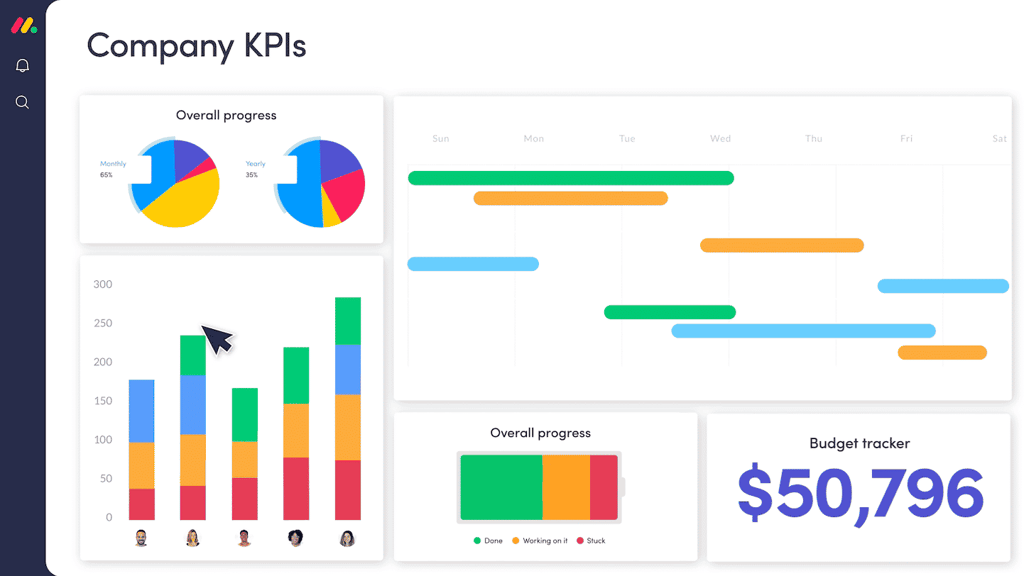Distributed by Scripts Howard: February, 1997
© Copyright 1997: Joe Burns Ph.D
The Year 2000: Countdown to Computer Calamity?
There’s an old trivia question that’s getting more play as we move towards 1999, “what will be the first day of the new century?” The answer is January 1, 2001. If you think about it long enough, you’ll realize that’s correct as there was never a year “0”. We started with year 1. The problem is that this $1000 Double Jeopardy question is about cause a ton of trouble is cyberspace — maybe.
Back in the late 70s, the nerds found triumph and the world turned to computers to do mundane record keeping and repetitive tasks. As business is want to do, it seemed like a good idea to save a little bread. It was that one could have purchased a computer program that would allow either a four digit year or a two digit year entry. The cost factor difference was minimal, but when you factor in the untold hours of manpower one could save by having only two digits entered — why you could save at least $50 a decade. Little did business know that the doom and gloom sayers of the year 2000 might be right.
Here’s the scenario: Midnight rolls around on December 31, 1999. As we are all partying like it’s the year that it is, the computer time clocks click over the number to the far right, “00.” But “00” isn’t a year. It’s nothing. Computers, as great as they are, aren’t known for their problem solving ability. The system cannot understand the concept of nothing and decides to quit working. In fancy computer terms, they crash.
If the computer program is a bit more advanced, it may understand that 00 is a year.
The problem is it may think it’s the year 1900, recycling rather than advancing. All of a sudden, you wouldn’t have been born yet and updates made after the year 1900 may be ignored. You don’t exist or you aren’t quite as old as you really are. See the concern?
I read a cartoon once where a son was attempting to save his father from paying taxes by hacking into the IRS computer system and erasing his father’s record. Upon hitting the delete key, the father disappeared. No record, no father. Upon replacing the record, the father returned.
Now as this might seem funny on the surface, remember that more than the local video arcade relies on the computer chip to run your life. Yes, your life. Did you know that your name comes up on a computer screen around 10 times a day? And you didn’t think you were that popular.
We have set ourselves up as a society dependent on these silicon and plastic little brains. If they don’t work, we have no true back up. Hand written records may have been kept, but they could not be searched near as fast in order to get your driver’s license renewed. Let alone your medical records, social security checks, banking records, and
favorite apple pie recipes on the Internet. You may have to actually pay with money instead of a check or credit card. This would cause even more trouble at your local fast food restaurant as there might not be a computer there to figure the change. It could take hours.
“Fix it!” cries the Hard Copy generation. They are, but it’s a whole lot more complicated that just a quick fix. There’s a reason not everyone can program a computer. It’s hard to do it. Plus there’s the question of what to fix. The format may be 1/1/2000 or Jan 1, 2000, or another even more cryptic concoction of symbols. One cure will not fix all and companies that are selling the cure stand to make their part of over $600 billion worldwide.
So the dance begins again. Business and Government will have to spend money, and spend it quickly. Will they learn from their mistake a few years back and buy the best fix, or will they go with the fix that also provides a cost saving method only to have something new bite them back in a few years?
This time, look toward the future. Spend money now to save it in the end.
Joseph Burns is an assistant professor of communications specializing in Internet issues at Susquehanna University in Selinsgrove, Pa.
He is also the Webmaster of HTML Goodies (https://www.htmlgoodies.com).
This is the original text.
Often, sections were edited out
before printing in individual newspapers.









